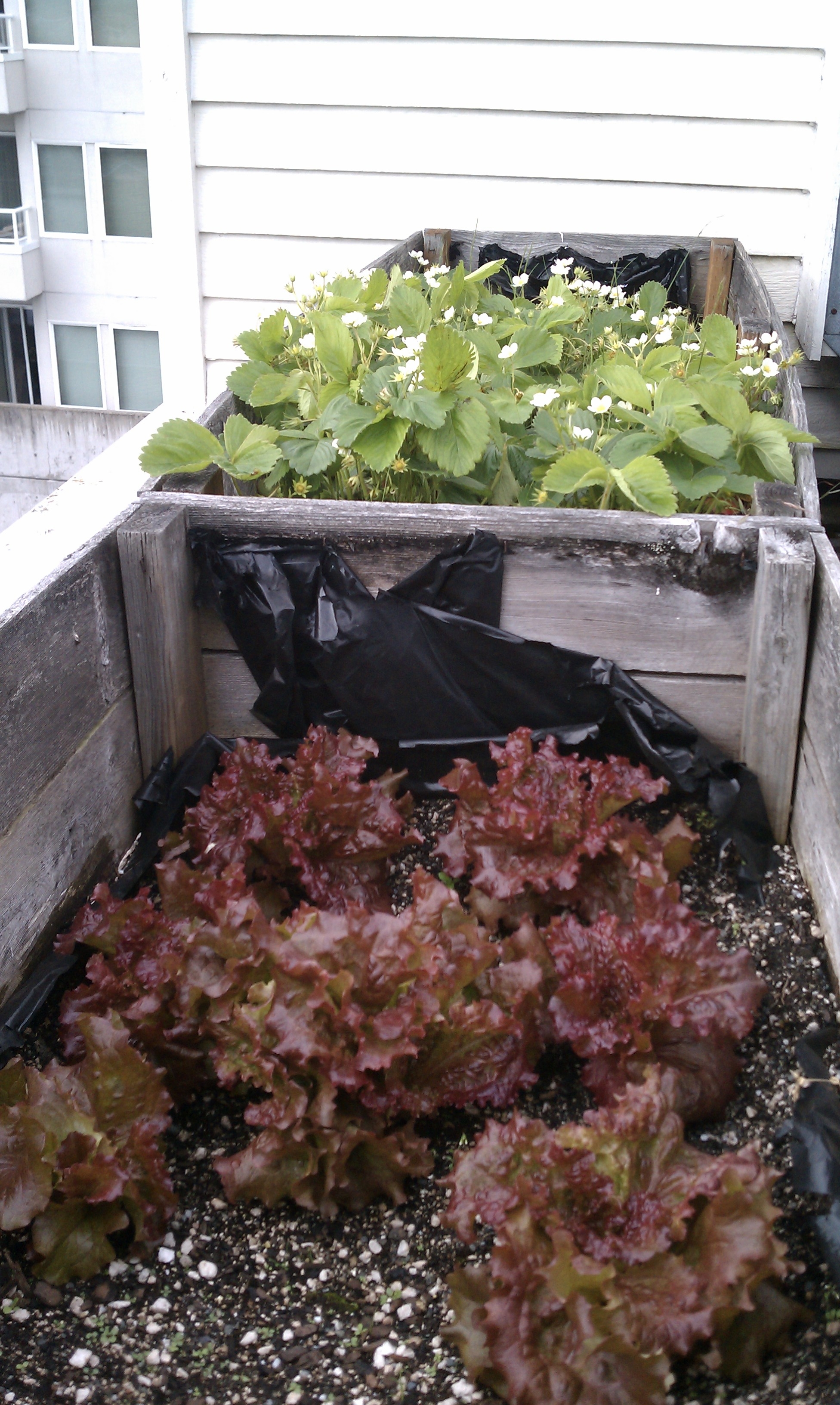Over at the Boston Globe in a piece titled “The Locavore’s Dilemma”, Harvard professor and author Edward Glaeser makes an argument against urban agriculture. He’s a smart guy—and makes some good points.
There are good reasons to keep large-scale farming farther out from population centers: transporting food isn’t that big of an energy cost, and not every locality is equipped to produce the variety of fruits and vegetables that consumers demand. Keeping people in close proximity to one another is far better for the climate than trucking in produce.
But I think he’s doing a disservice to the local food movement. It’s not about wiping out an inner-city neighborhood to build a full-scale farm. It’s often about reclaiming unused space—rooftops, balconies, corner lots, and sidewalk strips. And it’s about getting people reconnected to their food—with a tomato they’ve grown from seed, not one that’s been shipped overseas.
Yes, compact, walkable communities are important. Yes, allowing people to live closer together is key in reducing greenhouse gas emissions. But in a culture that still prizes a single-family home, creating shared public spaces for activities that would otherwise require a private yard makes city-living more appealing.
The real problem isn’t with local p-patches. It’s with the sprawling suburbs and exurbs that erase full-scale farms serving a city.











Emily
Absolutely agree…however, there are some urban ag enthusiasts out there that wouldn’t totally embrace this message. Some would choose a single family home versus the more compact, efficient townhome so they could have more space for gardening. I also want to emphasize your point that we cannot do without some farming in rural areas on a medium or large scale. Those farmers have developed skills that the average city dweller may never develop and they can use resources (all inputs to farming: water, fertilizer, equipment, etc.) more efficiently on a larger scale. Urban ag is important in its role of educating city folk what is required to grow food and in reconnecting them with the earth. It can also, as you point out, be an excellent use of vacant space within the city. But it cannot (nor should not) be a complete replacement of regional farming.